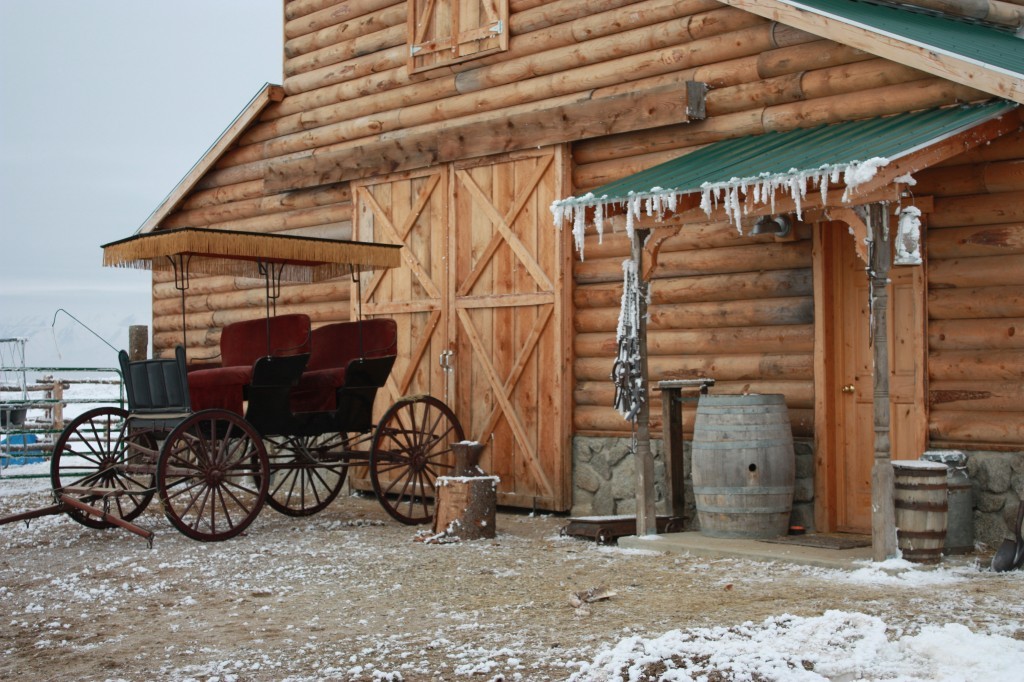
The seven great challenges of sustainability
This past spring Nancy and I stayed a week with some good friends of ours in Iowa. Dan and Roilene Paxton pastor a wonderful vibrant Vineyard church in Cedar Falls. After reading my book on the environment, Saving Gods Green Earth – rediscovering the church’s responsibility to environmental stewardship, they had asked if I would come and teach a seminar on the subject. The Paxton’s share Nancy’s and my passion for ministry as well as our love for the country lifestyle and so this was one assignment that I was more than happy to do. Not only that, but I knew that there was an Amish community in their area and I was anxious to visit a few harness and buggy shops. I had needed a couple of collars for my team of horses and believed that the Amish were my best bet to acquire them. Two years before I had a speaking engagement near Shipshewana, Indiana and had aquired a buggy while visiting the Amish there.
After the seminar was concluded we spent two additional days visiting the Amish community and making some wonderful new friends. One morning we were invited to a family farmstead owned by the Yoder’s. It was a brisk early spring morning as we leaned against a pasture fence chatting with the grandfather looking across a 120 acre plowed field. On the far side we observed Mr. Yoder’s son and grandsons working a span of four huge Belgian horses. He took time discussing the operation of the farm that had faithfully served his family for generations and went on to openly share his deep fears of a collapsing economy and a rapidly changing world. I had always thought of the Amish as being a people who weren’t troubled with the cares of the outside world, especially those that were living as sustainability as this family clearly was. In my naivety I believed that somehow they would be exempt from the ramifications of a struggling globalized world. The elder Yoder shared in detail how Iowa’s growing ethanol production and the escalating cost of grain and other commodities were threatening his entire lifestyle. He shared how many of the younger men were being forced to leave the farm in order to find work outside the safety of their community. This clearly troubled him. The reality hit us then that no matter who we are or how hard we try, it is impossible to be totally independent and self sufficient. After our interaction with the Yoder family I concluded that true sustainability in this day and age might well be a myth. The world (with a growing population of 6.8 billion people) has possibly become too complex and too interconnected for an individual or society to maintain life on their own, yet I believe with all my heart that the pursuit of sustainability is not only a noble one, but is rapidly becoming a matter of survival.
As a Bible believing Christian I hold a deep conviction that the Lord will one day return and make everything right. He will come and reconcile all things to himself. I earnestly pray for that day but at the same time am committed to the belief that until then, planet earth has been given to us not only as a means of provision, but as a responsibility of stewardship. In Geneses chapter nine God commissioned his people (for all generations) to care for His gift of creation. We were called to be stewards of the earth’s environment so that every plant, animal and human being would thrive and flourish. God made it clear that he had given us the earth to meet our every need, but with this amazing gift came accountability and responsibility. He said, “I now establish my covenant with you and with your descendants after you and with every living creature that was with you-the birds, the livestock and all the wild animals, all those that came out of the ark with you-every living creature on earth.”
In order that the earth and its humanity might be sustained for future generations I believe that there are seven critical areas of challenging concern. With close examination it is alarming to understand that all seven of these areas are suffering and in a state of growing global crises. If change is to occur, these seven areas must be addressed, not merely as a society at large, but as individuals who understand God’s commission and the responsibilities that occompany it. The efforts that Nancy and I are attempting to make here at Timber Butte are reflections of our personal concerns as individuals. As we address these seven areas of challenge, it is our prayer that others will join us. It is for this reason that the Timber Butte Homestead WEB site exists.
I will list these seven areas now, but will attempt to practically address them one at a time in the days and months ahead.
The seven great challenges of sustainability:
- Sustainable and healthy food production
- Fresh water preservation and supply
- Renewable and sustainable energy sources
- Efficient living space and shelter
- Management, Conservation and protection
- Renewable and sustainable economics
- Functional communities that provide social, spiritual and educational needs

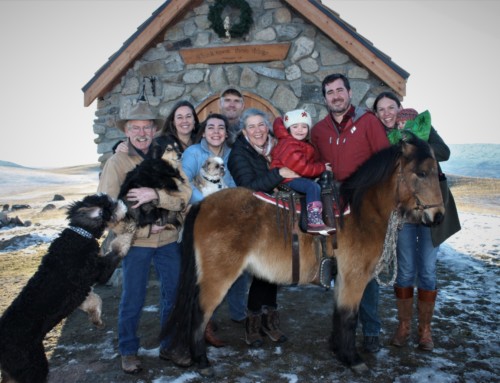
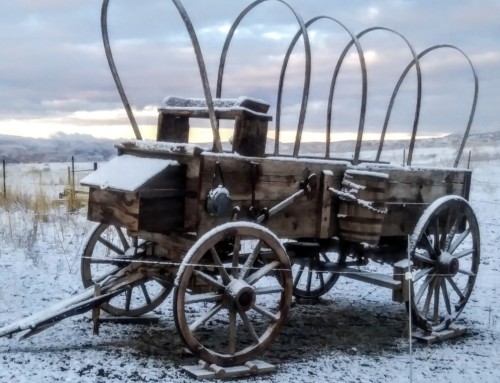

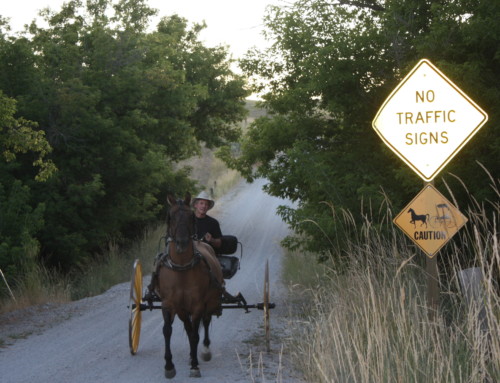
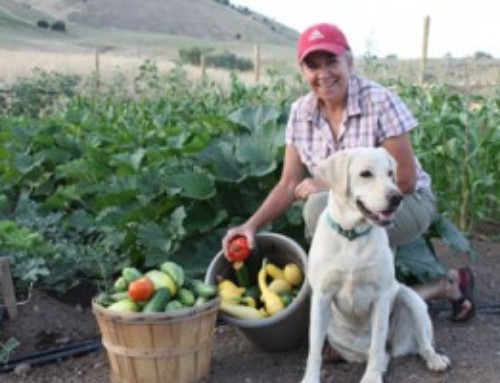
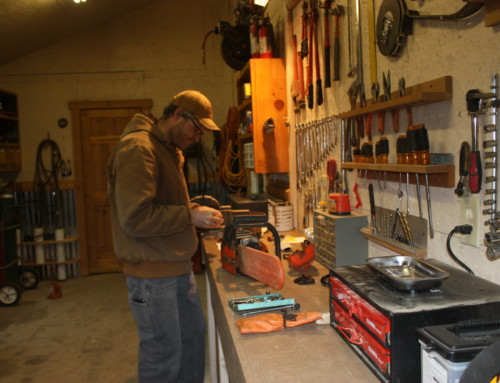
Leave A Comment
You must be logged in to post a comment.